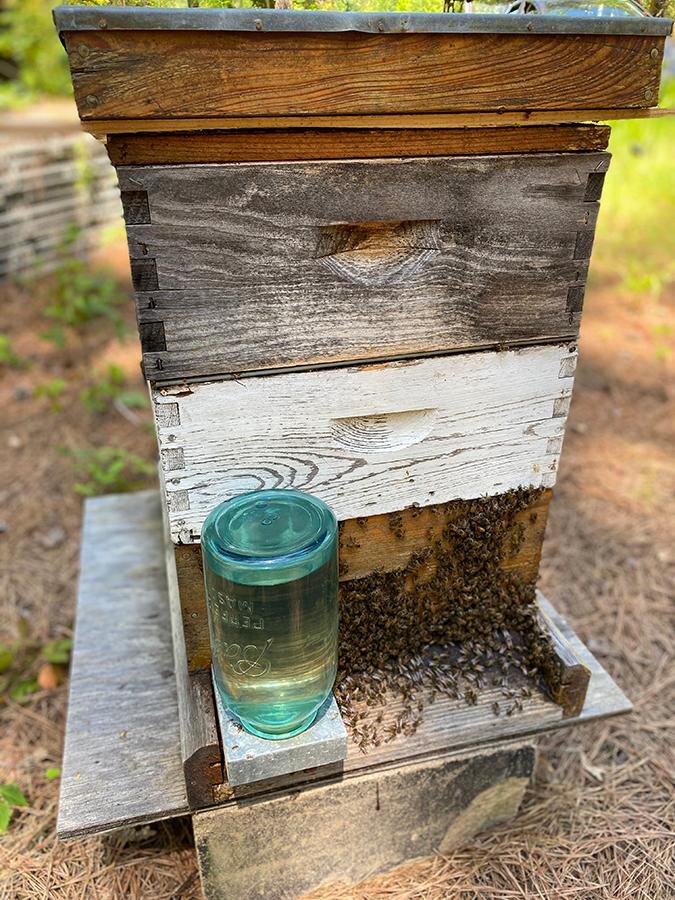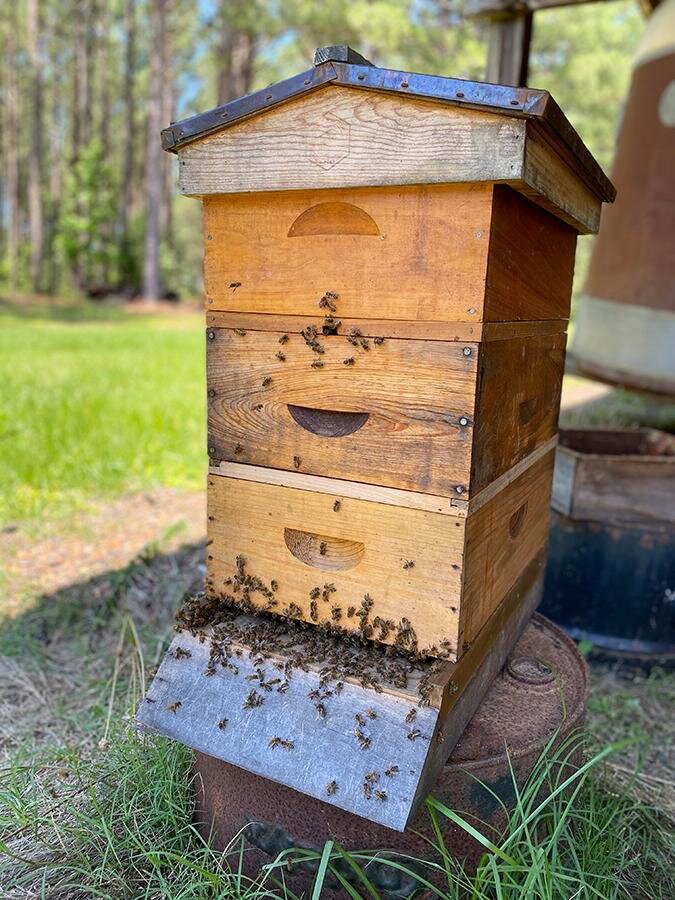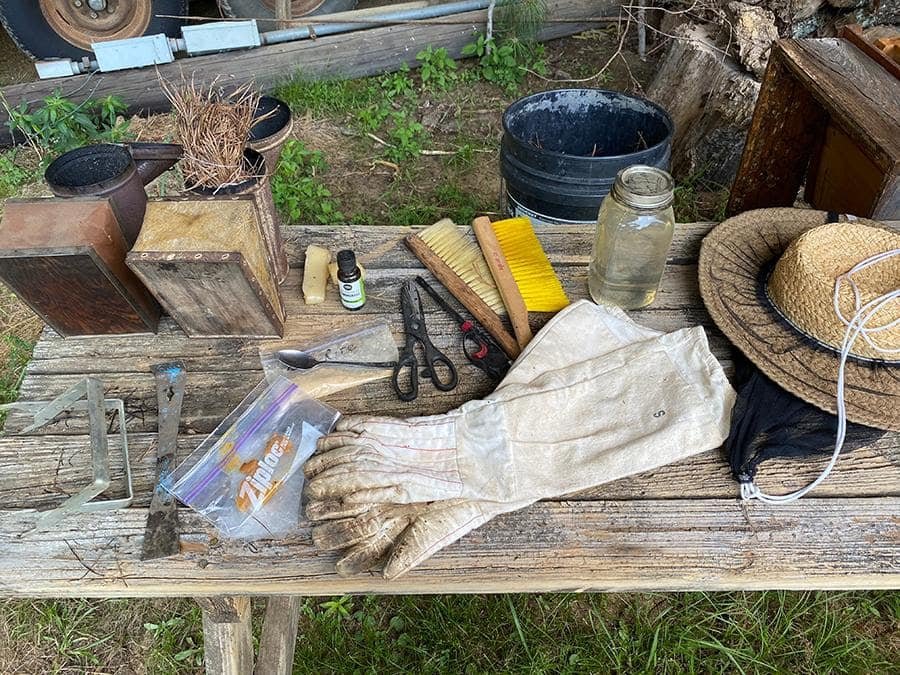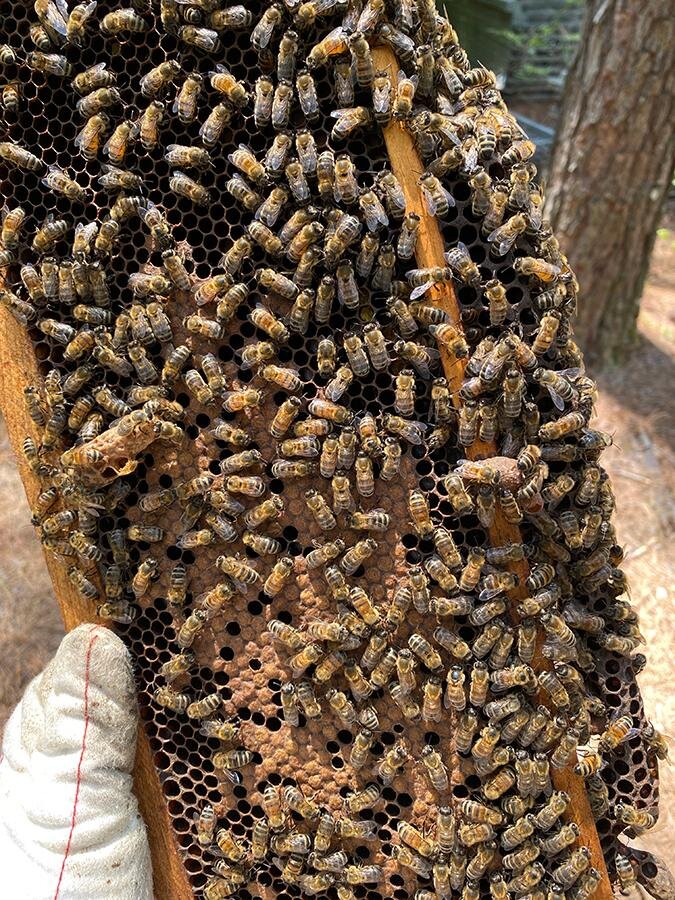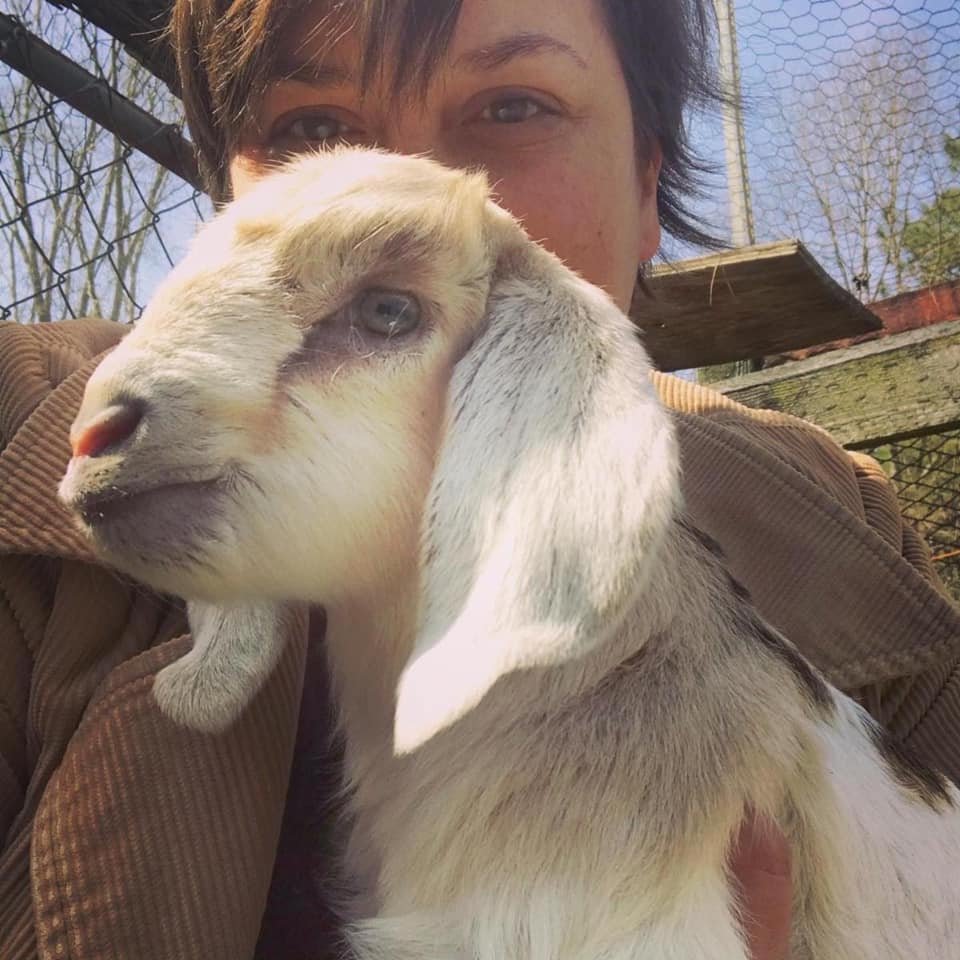Stacy Clark: A Time to Retreat
Being Together While We’re Apart
Because we all miss our Fondren family, here are our Sequester Stories—a series of stories and photos by Fondren folks sharing what our “pandemic lives” are about.
Stacy Clark
In mid-March, when the world went a bit sideways and so many people retreated to their homes for a bit of COVID-induced isolation, yours truly didn’t see a whole lot of change in her daily routine. While my commute from Jackson’s Belhaven Street to Ridgeland’s South Perkins Street became considerably less congested, and like most people, I began wondering where my next pack of toilet paper was going to come from, work in Mad Genius’s digital department continued. In fact, companies began paying even more attention to the performance of their websites and the services they could offer online. I wouldn’t call web work recession-proof, but apparently, it is considered “essential.”
Back in B.C. (Before COVID) times aka winter 2019, my family began discussing plans for the summer garden. In years past, the degree to which my sisters and brother and I have been involved was directly related to what was going on—tilling, planting, hoeing, picking, canning, freezing—when each of us visited. At the doorstep of 80, our parents made it clear that their energy stores are winding down, and that this summer’s garden would be much smaller than previous years as a result. The threat of limited homegrown tomatoes and empty deepfreezes was too terrifying to consider, so my siblings and I vowed to be more involved. Little did we know that the forces of fate planned to hold us to our promise so completely.
Spending every weekend “in the country” for the last five-ish months has allowed me to tackle a project I’ve had on my one-of-these-days list: beekeeping. When I was a kid, my dad kept beehives in our yard in Clarksdale. As I spent every possible moment of my childhood barefoot, I was keenly aware of their presence and fondness for white clover. He kept a three-frame observation hive in the study, which fascinated every person who visited the house. My friends and I would sit, watching through the glass as the bees drew out comb and filled it with pollen and honey and following the movements of the queen.
Several years ago, I had a false start in keeping my own hive while I was living in Vernon, Alabama. My boss at the time, Birney Imes, kept bees, and hearing him talk about it, riding along when he’d capture swarms for people who called the newspaper needing help, rekindled my interest in them. He gave me a hive to get started, but between long work hours, a daily commute to Columbus, Mississippi, and a budding interest in theatre work, I didn’t dedicate the sort of time needed for the endeavor to succeed. I experienced a self-induced version of hive collapse.
Along the way, an aging beek (yes, there’s a slang word for beekeeper) named Pat Wayman asked Birney if he knew anyone who would like to have her supplies since she was losing the ability to handle the upkeep of her hives. (Lifting an eight- or ten-frame super full of honey off of a hive isn’t for the faint of heart or weak of upper body strength.) Knowing that I would one day try again, I gratefully accepted her offer. Those supplies, including enough bottom boards, hive bodies, and frames to build half a dozen eight-frame garden hives, languished in my parents’ basement for years … until this summer.
Writing this story prompted me to ask Dad why he’d gotten into beekeeping in the first place. Initially, he labeled the idea as one of his “wild hairs.” My interpretation of a wild hair is simply letting your curiosity direct your learning process. Over the years, in addition to every domestic pet you can think of, we’ve had rabbits, pheasants, raccoons, cows, guineas, squirrels, flying squirrels, ducks, horses … a skunk. For a person who loves animals, my upbringing was idyllic. At present, his time is occupied with chickens, goats, and an enormous goat-herding Anatolian Shepherd named Leo. But back to the bees. The discussion did spark a childhood memory for Dad. He told me about his great uncle Dewey, who cut wild hives out of trees and mounted them atop posts in his yard after adding top and bottom boards to them. [See bee gum hive] Seventy-plus years later, Dad still has a clear image in his mind of those hives and his being fascinated with them.
I couldn’t tell you why I wanted to keep bees either. It isn’t easy. It’s risking being stung and wearing coveralls, a hat, boots, and a bee veil in 91-degree heat. It can be worrisome and heartbreaking if you have to deal with mites, or hive beetles, or robber bees, or negligent pesticide-spraying road crews. Sure, I enjoy honey. And like my dad, I am curious how nature operates. Then, like most people, I’m aware of Einstein’s correlation between the demise of the bee and the demise of humankind. In the end though, I find spending time with the bees soothing … soothing in the way that focusing all of your attention on one thing and away from the chaos of the world can be. I think most beeks would even describe the hobby as meditative. I can’t think of a more comforting and fruitful way to spend such an unpredictable and anxiety-ridden time in our lives.
“So I said, I will bring you up out of the affliction of Egypt … to a land flowing with milk and honey.” Exodus 3:17
I hope to see you all again, in person, very soon.
Stacy




